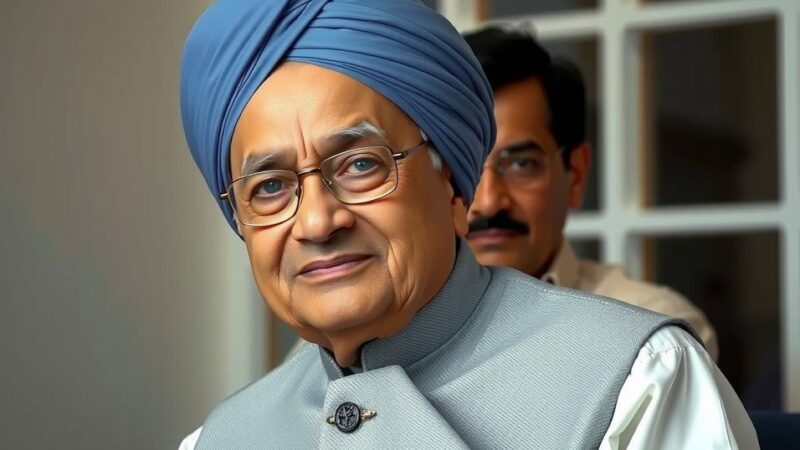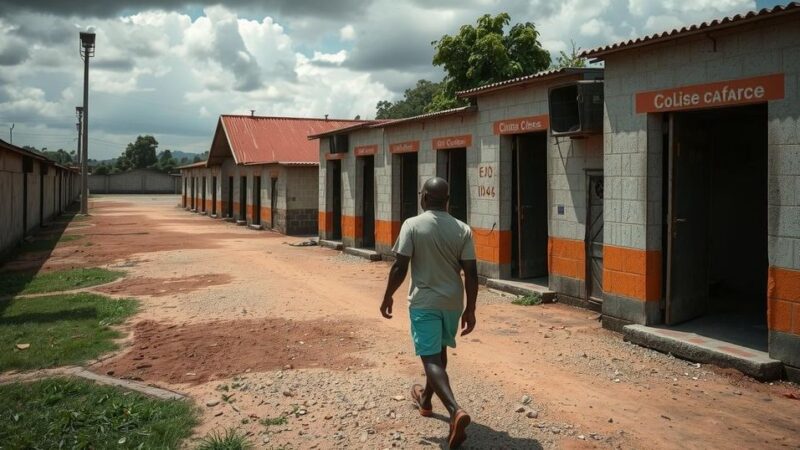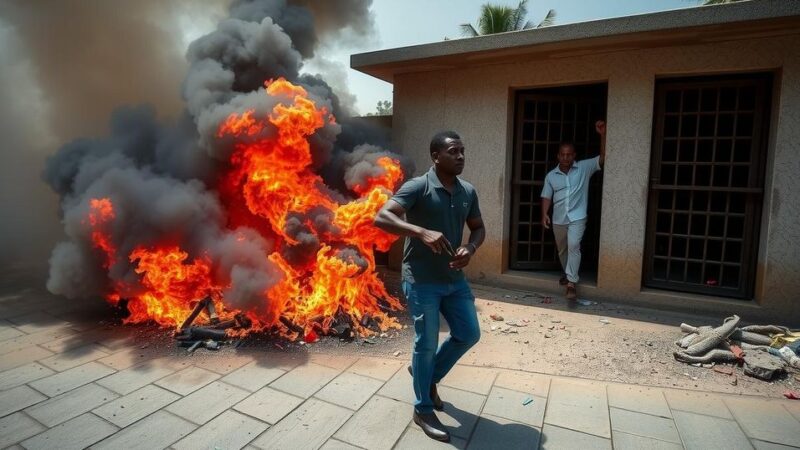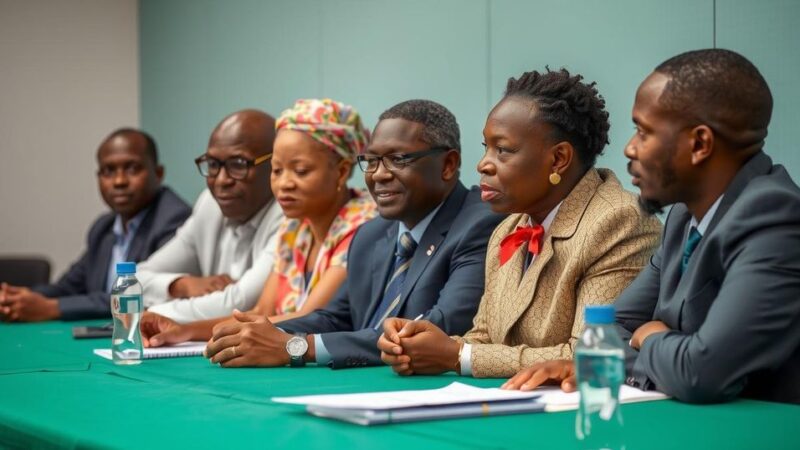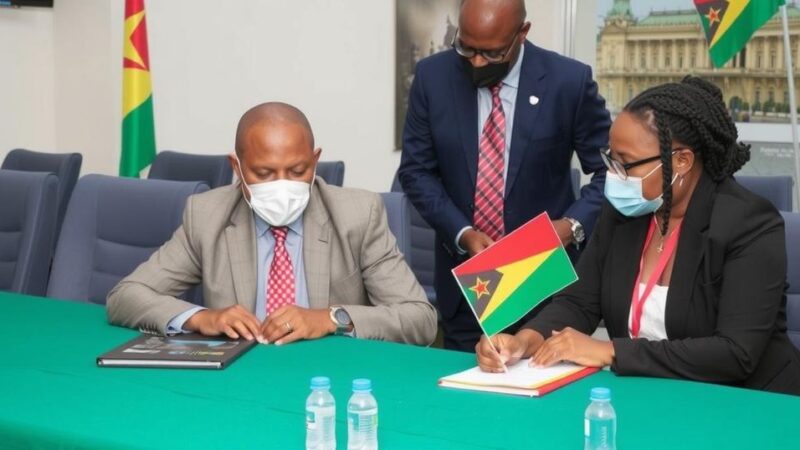Guinea-Bissau’s upcoming elections are marred by institutional dysfunction as both the National Elections Commission and the Supreme Court lack legitimacy, due to political tensions and unresolved power struggles. President Umaro Embaló’s previous dissolutions of the National People’s Assembly have intensified these issues. For credible elections, stakeholders must engage in dialogue to restore institutional integrity, potentially with assistance from ECOWAS, possibly by postponing the elections to implement necessary reforms.
Guinea-Bissau is approaching critical legislative elections scheduled for November 24, yet the institutions responsible for conducting these elections lack legitimacy due to unresolved political tensions and institutional dysfunctions. President Umaro Embaló’s controversial decisions to dissolve the National People’s Assembly (ANP) have compounded existing fragility, undermining the democratic process in the country. The ANP was previously dominated by the Inclusive Alliance Platform (PAI)-Terra Ranka coalition, which secured a majority in the June 2023 elections. However, following President Embaló’s dissolution of the ANP, significant challenges have emerged, particularly regarding the composition and functioning of the National Elections Commission (CNE) and the Supreme Court. The CNE has seen its mandate expire without renewal and is controlled by the government, leading to its inability to fulfil electoral duties. Likewise, the Supreme Court is paralyzed due to leadership struggles, rendering it incapable of adjudicating electoral disputes or validating candidate eligibility. Given these circumstances, it is imperative for political stakeholders, including President Embaló, to engage in dialogue to restore institutional integrity and credibility prior to the elections. There is a suggestion for the Economic Community of West African States (ECOWAS) to facilitate this process, potentially by postponing the elections to allow time for institutional reforms. Such measures are crucial not only for ensuring a peaceful electoral process but also for preserving the legitimacy of the presidency and the stability of the country’s political institutions.
The electoral landscape in Guinea-Bissau has been shaped by prolonged political volatility, particularly since the President’s dissolution of the ANP, which disrupted legislative governance and led to questions regarding the legitimacy of key electoral bodies. The CNE, tasked with overseeing the elections, has been rendered ineffective due to expired mandates and political interference, while the Supreme Court’s paralysis exacerbates concerns over electoral integrity. This context poses a significant threat to the country’s democratic framework, necessitating urgent reforms to restore institutional functionality and public trust ahead of the elections.
To avert a deepening political crisis in Guinea-Bissau, it is essential that President Umaro Embaló collaborates with various political stakeholders to establish a consensus that restores legitimacy to the electoral process. Key reforms to the CNE and the Supreme Court should be prioritized to enhance credibility. Furthermore, involving ECOWAS to mediate discussions and possibly postponing elections could allow for critical institutional reforms, fostering a more stable political environment and safeguarding democracy in Guinea-Bissau.
Original Source: www.premiumtimesng.com


